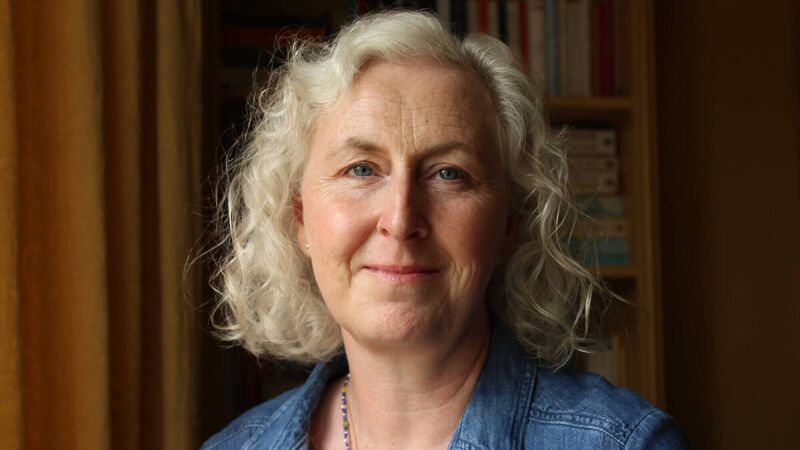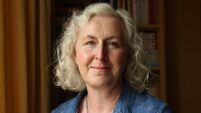‘There was a story that had waited long enough to be told’

Lynda Marron’s debut novel, ‘Last Chance in Paris’, was published in 2024.
- The Bridge to Always
- Lynda Marron
- eriu, €15.99
BOOKS & MORE
Check out our Books Hub where you will find the latest news, reviews, features, opinions and analysis on all things books from the Irish Examiner's team of specialist writers, columnists and contributors.







